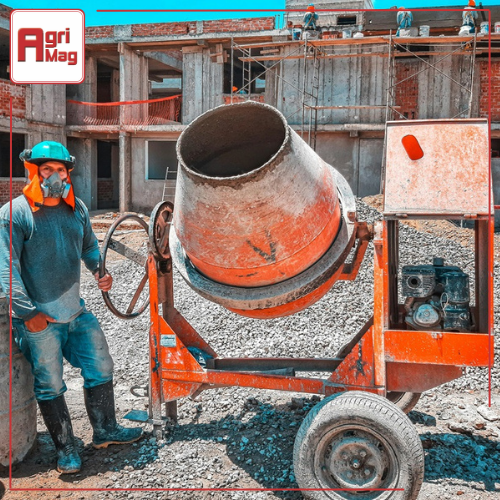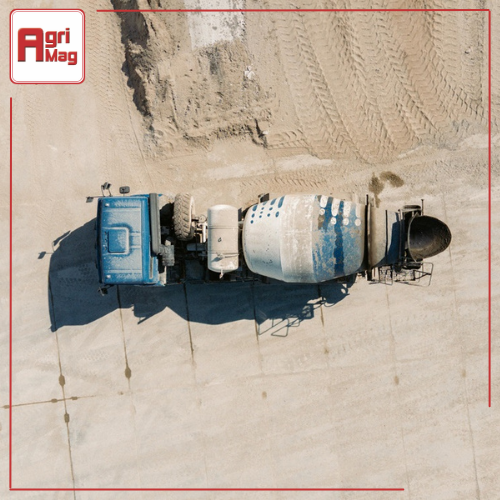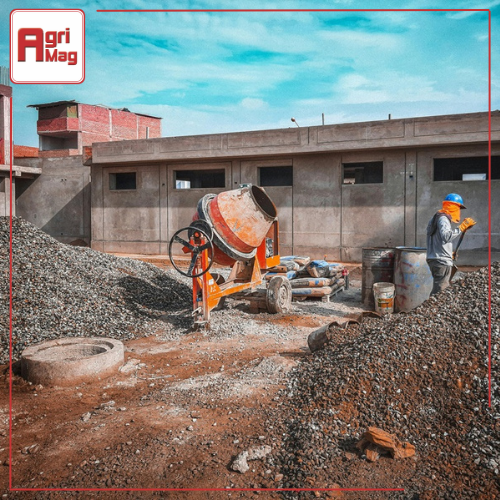
Choosing the Right Types of Concrete Mixers for Your Needs
Date: 11/08/2023
Selecting the right type of concrete mixer is crucial for ensuring efficiency and quality in your projects. With a variety of options available, understanding the different variety of concrete mixers and their specific uses can significantly impact your construction outcomes. This article will delve into the six main types of these mixers: batch, continuous, drum, pan, mobile, and stationary mixers, providing insights to help you make an informed decision. Buy machinery spares on AgriMag.
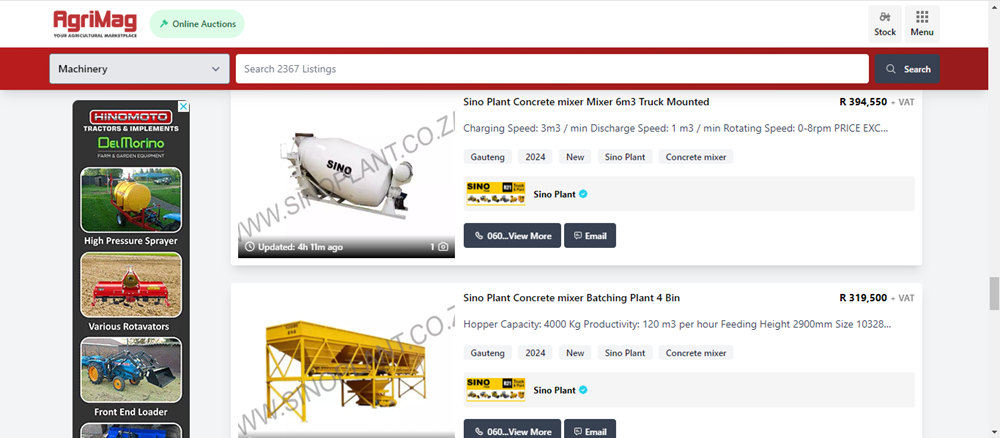
Six main types of concrete mixers
1. Batch Concrete Mixers
These are among the most commonly used mixers in construction projects. They mix concrete in batches, meaning a specific amount of material is combined at a time. This type of mixer is ideal for small to medium-sized projects where precise control over the mix is required.
Advantages:
- Precision: Allows for accurate measurement and mixing of ingredients.
- Flexibility: Can handle various mix designs.
- Quality Control: Easy to adjust mix proportions as needed.
Disadvantages:
- Time-Consuming: Mixing in batches can be slower compared to continuous mixers.
- Labor-Intensive: Requires more manual intervention.
2. Continuous Concrete Mixers
The mixers are designed for large-scale projects where a constant supply of concrete is necessary. Unlike batch mixers, they produce concrete continuously, which makes them suitable for projects like large roadways or extensive foundations.
Advantages:
- Efficiency: Provides a constant flow of concrete.
- Speed: Faster production rates than batch mixers.
- Consistency: Ensures a uniform mix throughout the project.
Disadvantages:
- Complexity: More complex machinery, requiring skilled operators.
- Initial Cost: Generally more expensive to purchase and maintain.
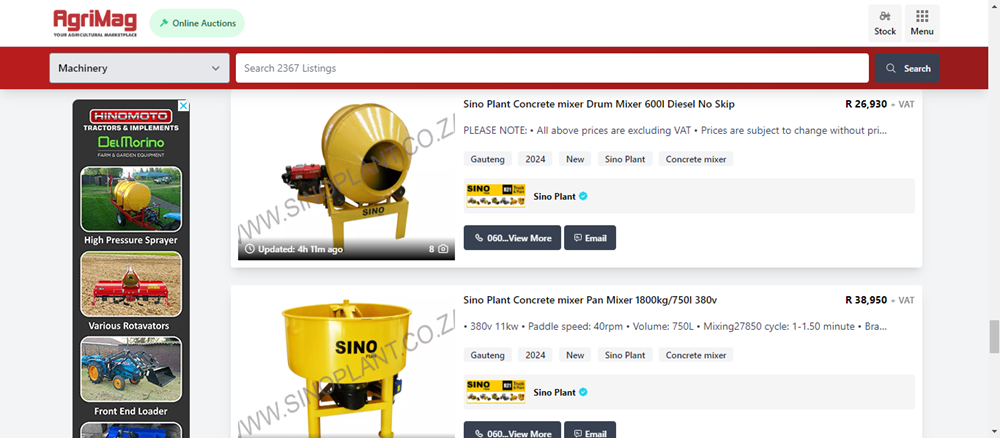
They are one of the most popular and traditional types of mixers. They consist of a rotating drum in which the concrete ingredients are mixed. These mixers are well-suited for a variety of small to medium construction projects.
Advantages:
- Simplicity: Easy to operate and maintain.
- Portability: Often come with wheels for easy movement around the site.
- Versatility: Suitable for various types of concrete mixes.
Disadvantages:
- Mix Quality: May not provide as uniform a mix as pan mixers.
- Capacity: Limited to smaller batch sizes.
Read: Everything You Need to Know About Concrete Mixers in South Africa
These types of concrete mixers feature a cylindrical pan where the concrete is mixed by rotating blades. These mixers are known for producing a very uniform mix and are often used in laboratories or for projects requiring high-quality concrete.
Advantages:
- Uniformity: Produces a highly consistent mix.
- Efficiency: Faster mixing times compared to drum mixers.
- Adaptability: Can mix a wide range of concrete types.
Disadvantages:
- Mobility: Typically stationary and less portable.
- Cleaning: More challenging to clean than drum mixers.
Mobile concrete mixers, also known as volumetric mixers, are ideal for projects that require concrete at multiple locations. These mixers can be transported to various sites, making them extremely versatile and convenient.
Advantages:
- Flexibility: Mix concrete on-site, reducing waste.
- Convenience: Ideal for remote locations or multiple sites.
- Customisation: Adjust mix designs on the go.
Disadvantages:
Cost: Higher initial investment compared to stationary mixers. Maintenance: Requires regular maintenance due to its mobility and complexity.
6. Stationary Concrete Mixers
These are fixed installations used for producing large quantities of concrete in one location. These mixers are ideal for projects with a high demand for concrete, such as large construction sites or precast concrete plants.
Advantages:
- High Output: Capable of producing large volumes of concrete.
- Durability: Built to withstand continuous use.
- Efficiency: Ideal for high-demand projects.
Disadvantages:
- Immobility: Not suitable for projects requiring concrete at multiple sites.
- Space Requirement: Requires a dedicated space for installation.
Choosing the right type of concrete mixer is essential for the success of any construction project. Whether you need the precision of a batch mixer, the efficiency of a continuous mixer, the versatility of a drum mixer, the uniformity of a pan mixer, the convenience of a mobile mixer, or the high output of a stationary mixer, understanding the strengths and limitations of each type can help you make the best choice. By selecting the appropriate concrete mixer, you can ensure the quality and efficiency of your construction projects, contributing to the overall growth and development of the industry. Get machinery spares on AgriMag today.
Categories:
Common category
Category Search:
Latest articles:
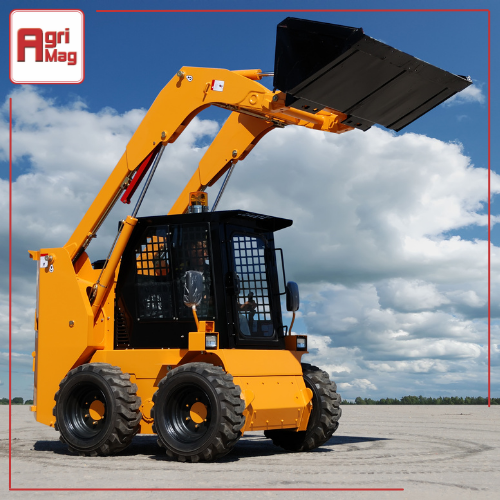
What to Look for When Buying a Skidsteer Loader for Farming

Why Planning Early for the Planting Season Pays Off
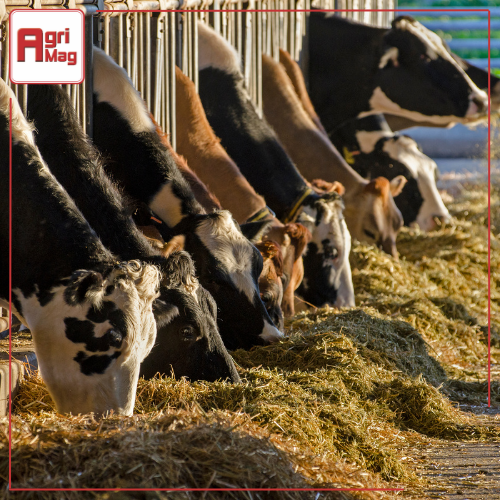
Why Winter Feed Management is Crucial for Livestock Health

